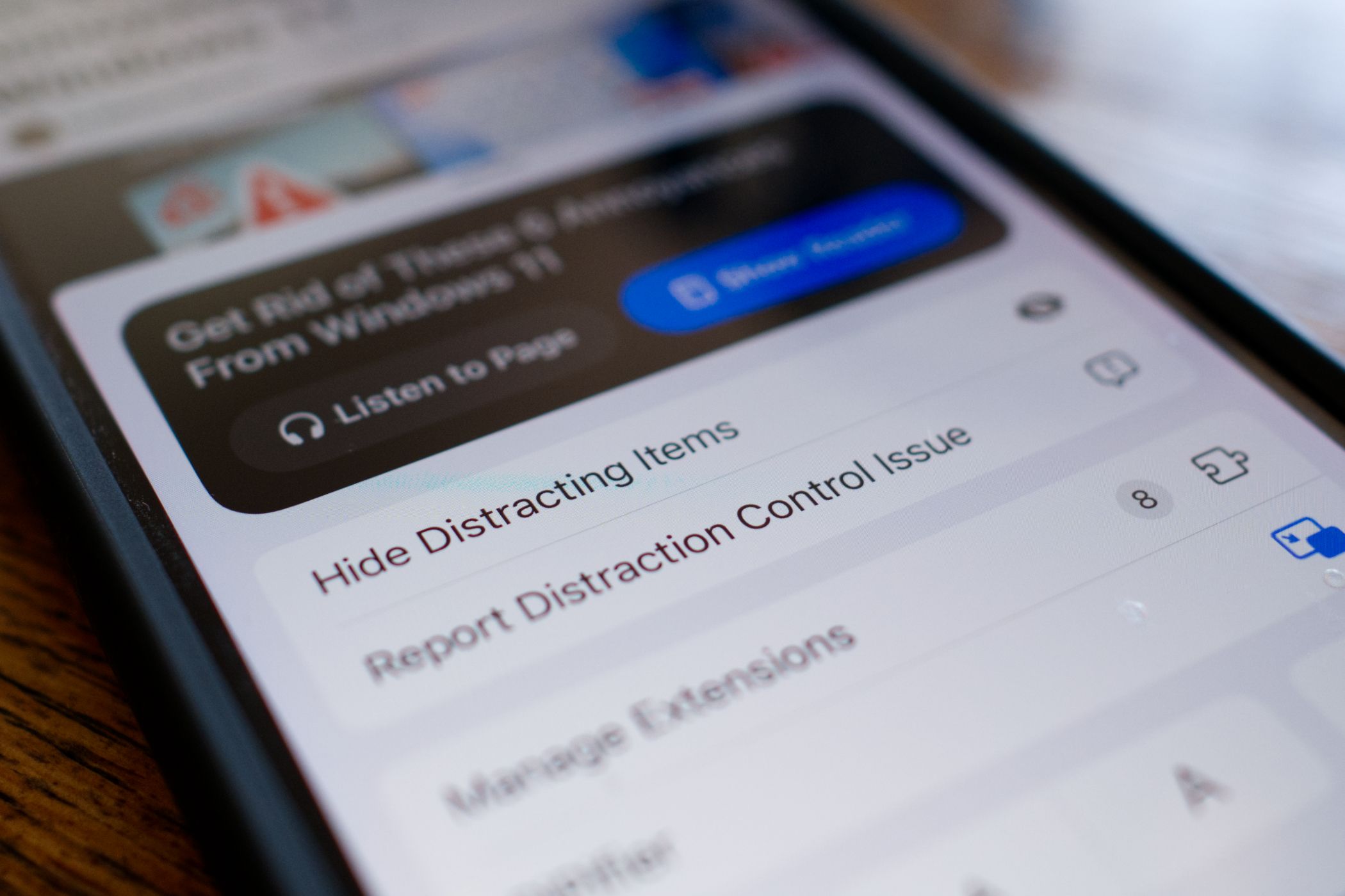
Summary
- Japan’s new antitrust regulations target Apple to allow third-party app stores and web browser engines on iPhones by December 2025.
- The rules aim to end Apple’s requirement for all browsers on iOS to use its WebKit engine, enabling alternative engines like Blink or Gecko.
- While Apple may initially resist, Japan’s regulations are more aware of Apple’s tactics, which it pulled back when it “allowed” third-party browsers in Europe.
Apple’s closed-garden ecosystem is increasingly attracting the attention of many world governments, not just the European Union. Now, Japan wants to force Apple to allow third-party browsers—and maybe if enough governments do this, it will actually matter for something.
New antitrust regulations finalized by Japan’s Fair Trade Commission (JFTC) will force Apple to permit third-party app stores and, most notably, alternative web browser engines on the iPhone, with a compliance deadline set for the end of 2025. Like Europe’s identical rules, these new rules would force Apple to comply with these measures or else not be allowed to sell its devices in the country. Under the new Japanese regulations, Apple would have until December 2025 to lift these restrictions.
The rules address the company’s long-standing mandate that all browsers on iOS must be built using its own WebKit browser engine. This requirement has meant that while browsers like Google Chrome and Mozilla Firefox are available on the App Store, they are essentially re-skinned versions of Apple’s Safari browser, unable to use their own proprietary engines like Blink or Gecko.
Technically, Apple has already been forced to support third-party browser engines on iPhones since last year, but only in Europe. This has, however, been basically just a blanket measure with Apple engaging in malicious compliance. As documented by Open Web Advocacy, the company puts obstacles on testing browsers with third-party engines and doesn’t allow developers to update their existing App Store-listed apps with a third-party engine, but forces them to put up new listings. It also disables updates if someone travels outside of the EU for more than 30 days, and puts “harsh, one-sided” legal terms for developers trying to submit a browser with a third-party engine.
Apple might try and roll out the same blanket measure it rolled out in the EU, at least at first, but it looks like Japan is at least semi-aware of the stuff Apple has tried to pull. The regulations themselves have a section that mentions “actions that prevent the adoption of alternative browser engines.” It mentions things such as “imposing unreasonable technical restrictions on individual app providers while allowing them to adopt alternative browser engines, placing excessive financial burdens on individual app providers for adopting alternative browser engines, and steering smartphone users away from using individual software that incorporates alternative browser engines.”
Of course, this is just one country, and knowing how petty Apple is, it will probably just roll out compliant measures for iPhones sold in the Japanese market once iOS 26 rolls around. But maybe, just maybe, there will come a day when enough companies drag Apple and we’ll finally have proper Chrome or proper Firefox on an iPhone. A man can dream.
Source: Open Web Advocacy via AppleInsider